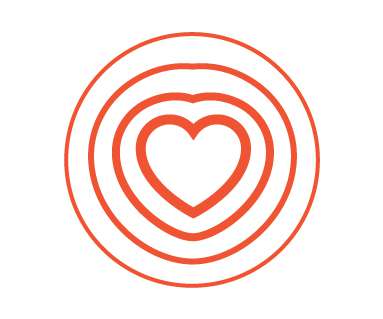In U.S. Health Care, It’s Still the Prices, Stupid – But Transparency and Consumer Behavior Aren’t Working As Planned
Health Populi
JANUARY 18, 2019
He co-wrote the first “It’s The Prices Stupid” research article in Health Affairs with Gerard Anderson et. back in 2003 — so we’ve known for over 16 years that in the U.S., higher-than-world-average health care spending is mostly about how services are priced, versus whether Americans use more healthcare.












Let's personalize your content